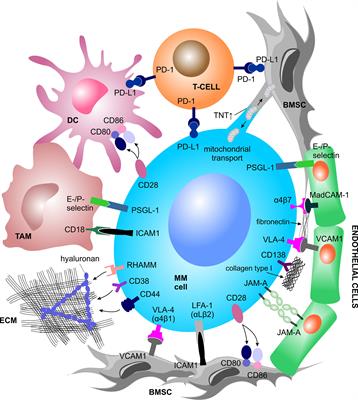EDITORIAL
Published on 07 Aug 2023
Editorial: Proteomic and metabolic reprogramming in myeloma cells within the tumor microenvironment
doi 10.3389/fonc.2023.1264740
- 1,028 views
11k
Total downloads
39k
Total views and downloads
You will be redirected to our submission process.
EDITORIAL
Published on 07 Aug 2023
MINI REVIEW
Published on 27 Jan 2023
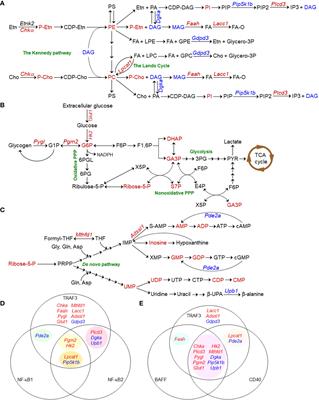
ORIGINAL RESEARCH
Published on 11 Jan 2023
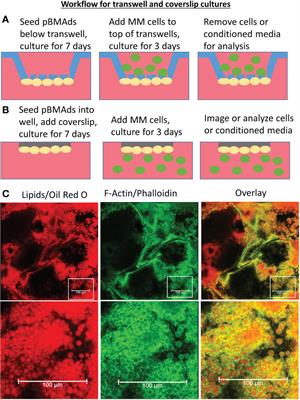
MINI REVIEW
Published on 09 Nov 2022
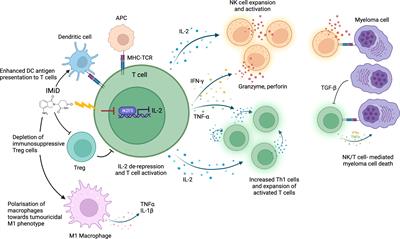
REVIEW
Published on 13 Oct 2022
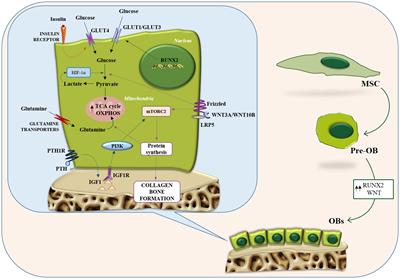
REVIEW
Published on 21 Sep 2022
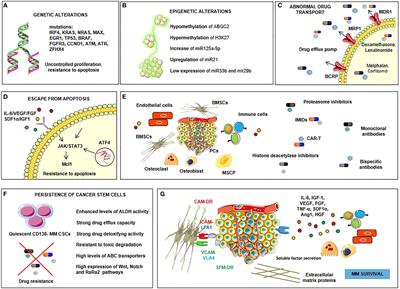
REVIEW
Published on 16 Sep 2022
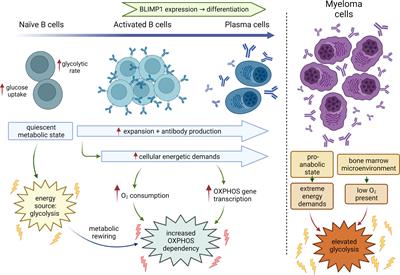
ORIGINAL RESEARCH
Published on 08 Sep 2022
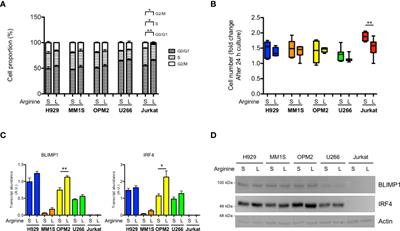
REVIEW
Published on 26 May 2022
